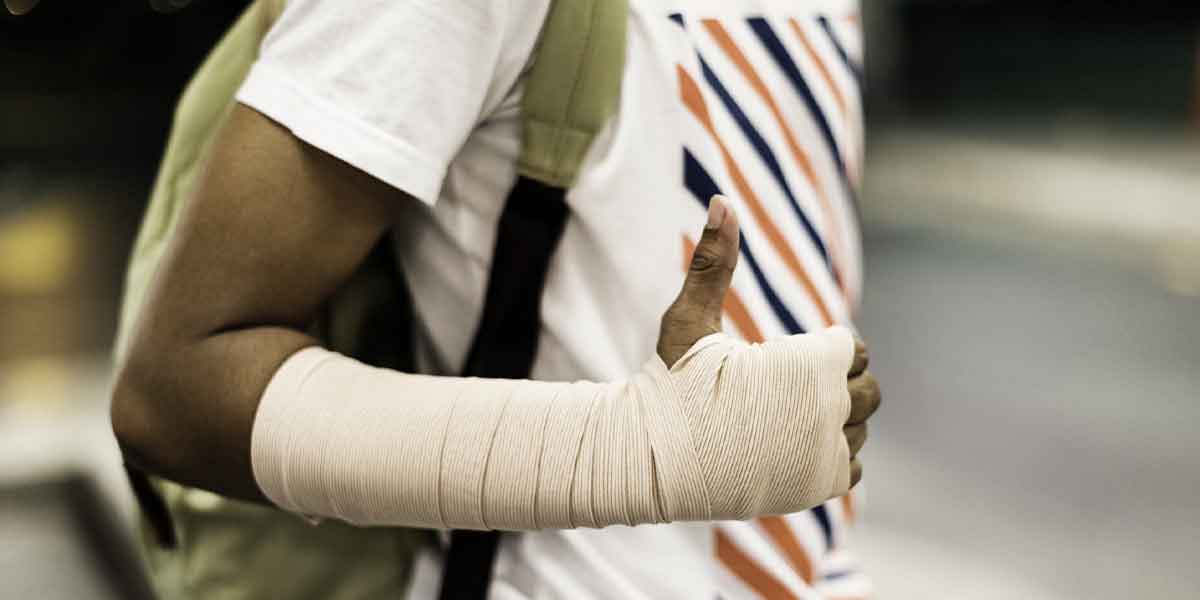If you have been injured as a result of someone else’s negligence, the compensation you would be awarded is dependent on how well your attorney proves four certain points including Duty of care, Breach of duty, Causality and Damages. If however your case lies with your insurance company and not the court, it most likely would be immaterial proving these points. The question would be how much compensation would be appropriate.
The section below elaborates on the four key elements
Duty of care
Everyone is obligated to act in a way that does not put someone else in the way of danger. Just as one should not set traps in front of their house knowing innocent visitors can get hurt, one should not also leave ice on their premises during the day knowing it can cause slippage to passers-by. In fact, the state of New York binds every property owner to wipe clear the snow off his or her property once the day begins. If the area is not a private property, then the state holds the duty to remove the snow. If it is not removed and you end up slipping, falling and breaking an arm, you can sue the government for not holding up their duty of care.
In most places we find ourselves, a duty of care is owed. A road construction company owes the road users the duty to place warning signs close to the area being constructed. But not all cases are so clear cut. In fact, there is no statute describing how people should act in certain circumstances. But the question is, did your injurer owe you a duty of care? What was expected of them in that particular situation, and how reasonable were their actions at the end of the day?
Breach of duty
If it has been established that you were owed a duty of care, it must then be proven if this duty was neglected — breached. Your personal injury lawyer should be well able to prove the fact that you were owed a duty of care but were not offered it. Just like the case of a property owner not clearing off the snow on their property, or a doctor not offering you treatment first in a -life-and-death situation because the bills have not been paid in full.
In proving breach of care, it must be acknowledged that duty of care is an obligation and not a fixed statutory rule. It is all about what is reasonable as opposed to what is unreasonable. Traffic rules limit your speed at some given points. Say, a driver over speeds past the limit in order to avoid an oncoming truck. Did they break the rule? Yes! But did they act unreasonably or negligently? No. They were trying to save their life, which is completely reasonable.
Damages
The ultimate goal of a personal injury case is to obtain monetary compensation for the bodily injuries you sustained, the disadvantages and financial liabilities you will suffer due to that injury. For you to be compensated, it therefore must be proven that you sustained actual injuries from the accident.
Causality
Your personal injury lawyer should also be able to prove that the breach of care was what led to the accident, be it partly or fully. The accused may have acted negligently but this may not be what caused the accident. For your case to stand, your lawyer must be able to prove that your injurer’s action directly or indirectly constituted the accident which you were involved in.
Contact a personal Injury Lawyer today.
To know if your case qualifies as personal injury in New York, it is important to consult an attorney. Doing so early enough can also enable them collect evidence to build their case.
We can help you get the justice you deserve. Our personal injury lawyers have worked with and won millions for a plethora of clients in New York. Personal injury cases are sensitive cases which should be treated with empathy. Let us help you. Call us if you need a personal injury lawyer near 10458 The Bronx.







